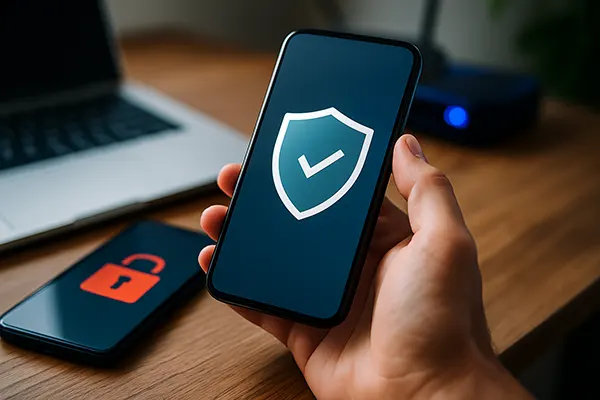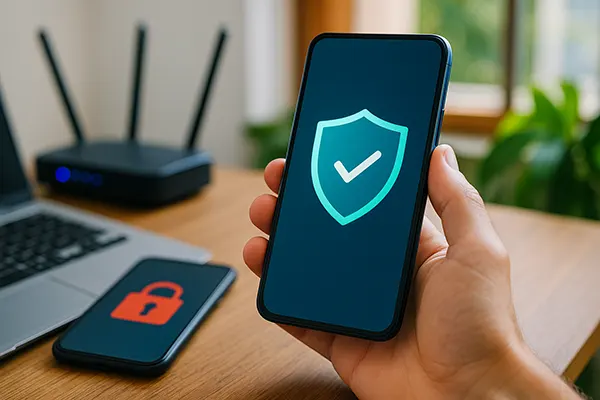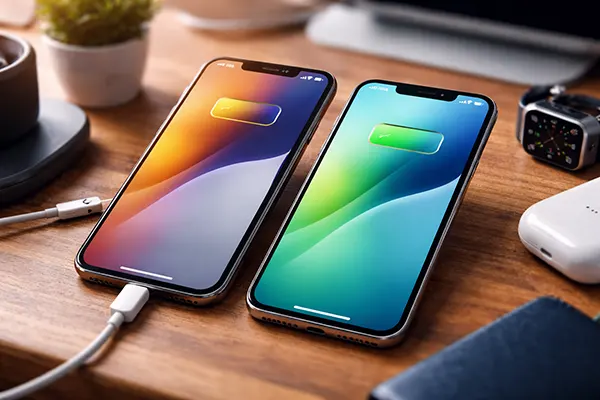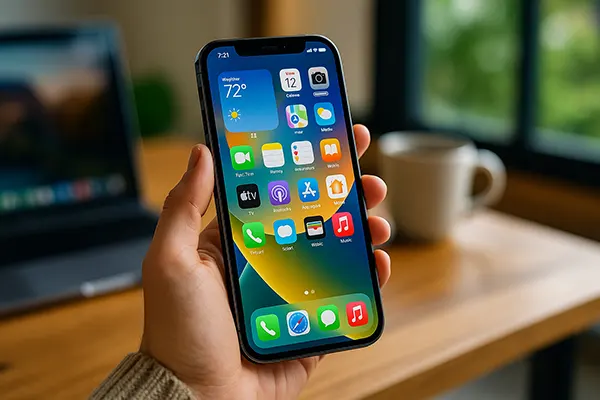Mobile Cybersecurity in 2025: Which Antivirus Apps Truly Work on Android and iOS?

As mobile device usage continues to surge globally, 2025 presents new challenges in the realm of cybersecurity. With increasing threats targeting smartphones, choosing the right antivirus software has become critical for personal data protection. This article explores the current landscape of mobile cybersecurity and provides an in-depth evaluation of antivirus apps that genuinely deliver reliable protection on Android and iOS.
Threat Landscape and Security Trends in 2025
In 2025, mobile devices remain a prime target for cybercriminals due to the immense amount of personal and financial information stored on them. According to Statista, over 62% of global internet users now access the web primarily through smartphones, making mobile cybersecurity more important than ever. Phishing, spyware, banking Trojans, and adware remain dominant threats, with attackers increasingly leveraging AI to develop more evasive malware.
Governments and organisations have also updated compliance frameworks. In the EU, GDPR enforcement in mobile contexts has become stricter, requiring app developers to meet rigorous data protection standards. Meanwhile, Apple and Google have introduced stricter app store policies and built-in privacy features, but these aren’t foolproof. As a result, reliable third-party antivirus solutions are more necessary than before.
Furthermore, a surge in remote work and mobile banking has expanded the attack surface, especially for Android, which is more susceptible due to its open ecosystem. Security-conscious users must therefore rely on antivirus tools that combine malware detection with real-time protection, network security, and privacy controls.
AI-Powered Antivirus Tools: What Sets the Best Apart?
Modern antivirus apps rely heavily on artificial intelligence and machine learning to detect threats. These tools no longer depend solely on signature-based detection; instead, they analyse behavioural patterns and heuristics to identify suspicious activity in real time. For instance, Bitdefender Mobile Security for Android uses anomaly-based detection powered by neural networks to block zero-day threats before they cause damage.
On iOS, which is often mistakenly considered immune, apps like Norton Mobile Security have integrated VPNs, web protection, and breach monitoring due to iOS restrictions on direct malware scans. Their effectiveness lies not in virus removal but in proactive data and network protection—essential for phishing and identity theft prevention.
What distinguishes the top performers is their multi-layered defence systems. Apps like Avast One, Kaspersky, and Trend Micro go beyond antivirus to offer Wi-Fi security scans, anti-theft tools, and app permission analysis. This comprehensive approach is necessary to protect users from the evolving sophistication of mobile threats.
Top Antivirus Apps for Android Devices in 2025
Android’s open architecture remains a double-edged sword—while it promotes innovation, it also exposes users to elevated risks. Fortunately, several antivirus apps provide robust protection specifically tailored for Android’s vulnerabilities. Leading the market in 2025 is Bitdefender Mobile Security, praised for its cloud-based scanning, low battery usage, and anti-theft features. It offers app lock, web protection, and account breach alerts—all integrated in a clean interface.
Kaspersky Mobile Security continues to be a solid choice, offering on-demand malware scanning, real-time protection, anti-phishing tools, and call blocking features. Its recent updates also include enhanced privacy protection, alerting users when apps attempt to access sensitive data such as location or microphone.
Avast Mobile Security has also evolved with a user-friendly design, and now includes photo vault encryption, junk cleaner, and Wi-Fi network alerts. Despite being free with in-app purchases, its malware detection rate remains impressive. However, users should beware of occasional ads in the free version.
Privacy and Data Use: Key Considerations for Android Users
While malware detection is crucial, privacy protection is equally vital. Many free antivirus apps collect user data to monetise their services. Therefore, transparency in data usage policies should be a deciding factor when choosing a security app. Bitdefender, for example, has a well-documented privacy policy and doesn’t sell user data to third parties, giving it an edge over many competitors.
Kaspersky and Norton have also implemented GDPR-compliant data handling practices, ensuring that user data is stored securely and used solely for threat detection and user protection. Users should always review an app’s permission requirements before installation and avoid apps that request unnecessary access.
Overall, Android users must balance features and privacy, opting for providers that offer comprehensive protection without compromising data ethics. A well-designed antivirus app should be lightweight, effective, and unobtrusive in daily usage.

Best iOS Security Apps in a Walled Garden Environment
Apple’s iOS architecture significantly limits the capabilities of traditional antivirus software. However, this doesn’t mean iOS devices are immune to cyber threats. In 2025, the focus of iOS security apps lies in phishing protection, identity theft prevention, and privacy-focused tools. Norton Mobile Security is among the best, offering robust web protection, Wi-Fi security scanning, and dark web monitoring.
McAfee Mobile Security has also gained popularity due to its identity protection tools, media vault, and Secure VPN. While iOS apps can’t scan the system for malware directly, these services focus on securing internet activity, app permissions, and potential data breaches—core threats for iOS users.
Lookout Mobile Security, known for its intuitive interface and breach detection capabilities, stands out for its real-time identity protection, even monitoring users’ SSNs and bank accounts for suspicious activity. Its cloud-based threat detection helps safeguard iOS users against phishing and unsafe connections.
Why iOS Users Still Need Antivirus in 2025
Despite Apple’s sandboxed environment and stringent App Store vetting, iOS devices are not entirely secure. Phishing attacks via Safari or iMessage, rogue profiles, and malicious configuration files still pose risks. Antivirus apps offering secure browsing and anti-phishing protection remain vital to a full security posture.
Moreover, many iOS users use their devices for mobile banking, health monitoring, and work-related tasks, increasing the importance of protecting personal data from leakage or interception. VPN integration, breach alerts, and SMS filtering tools in apps like Norton provide real-world value in preventing attacks.
Finally, with iCloud integration being a common feature, security apps that monitor cloud backups and login attempts can provide alerts for unusual behaviour, allowing users to act quickly in case of a security breach. Antivirus tools are no longer optional—they are part of comprehensive digital hygiene for iOS users.


